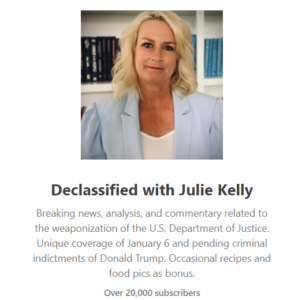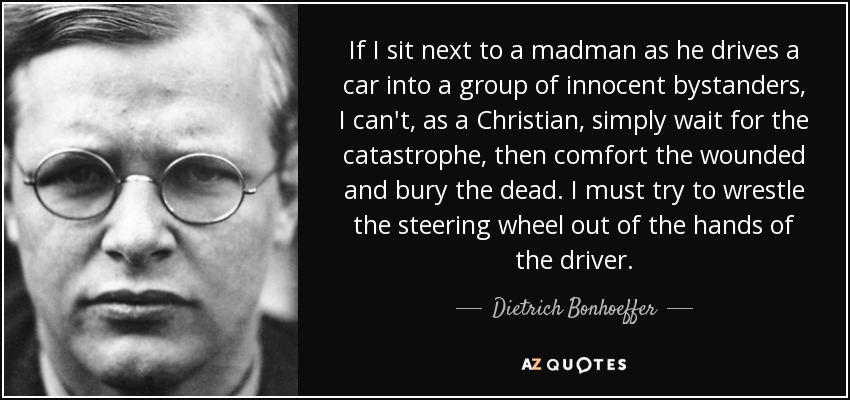After a brief exchange with social media influencer Ian Miles Cheong in December 2022, Elon Musk sent out one of his craftily concise Tweets directed at Wikipedia cofounder Jimmy Wales:
Reporter Jon Levine at the New York Post soon followed up asking Musk, “I wonder how much Wikipedia would cost?” to which Jimmy Wales reacted, “Wikipedia is not for sale.”
This eventually made it to the online encyclopedia’s “Ten things you may not know about Wikipedia” page, where they doth protest too much with their snide comment, “If you’re waiting for Wikipedia to be bought by your friendly neighborhood Internet giant, don’t hold your breath.” The mantra then made its way to Wikipedia’s fundraising efforts, where a pop-up window declares “Wikipedia is not for sale. A personal appeal from Jimmy Wales…”
And a few days ago, in another artfully brief post, X owner Elon Musk threw down the gauntlet to Wikipedia saying “I will give them a billion dollars if they change their name to Dickipedia.”
Laughs aside, Musk went on to question what Wikipedia is doing with all the money it raises: “Have you ever wondered why the Wikimedia Foundation wants so much money? It certainly isn’t needed to operate Wikipedia. You can literally fit a copy of the entire text on your phone! So, what’s the money for? Inquiring minds want to know …”
And as quickly as you can say “Dickipedia,” Vice.com published a sugar-soaked article declaring “The Wikimedia Foundation is remarkably transparent” and accused Musk of not understanding how Wikipedia worked; which was believed by no one anywhere.
Not to be outdone, Australia’s Financial Review called the “Dickipedia” comment a “Trumpian broadside” that is “just the latest from Musk against sources of information that disseminate credible information.”
The thing is, a quick look at social media discussions on the subject reveal that a very many people consider Wikipedia a very bias website.
In my recent article, “We’re Overdue in Demanding Accountability from Wikipedia,” I examined the accuracy of Wikipedia, how they joined forces with the World Health Organization, and whether there was any hope of reinventing it without bias.
In my research, I interviewed Julie Mastrine, Director of Marketing and Media Bias Ratings at AllSides.com, a website that displays news from Left, Center and Right as well as rating news websites for bias. I asked her why AllSides had changed their “Center” bias rating for Wikipedia to “Not Rated.” This was her response:
Julie: Yeah, so in 2021 we were getting people writing in concerned about our rating. We were getting reader feedback so we decided to examine our source page and began having internal conversations about Wikipedia … we realized that Wikipedia didn’t really fit into our methodologies and we decided to remove the rating and write about all the claims of bias that have been made against them … I ended up compiling that just to create a resource for people to see in one place all the claims that have been made … It’s a living piece and we just think everybody needs to be aware that there is concern about Wikipedia, including from its cofounder.
If it has to do with bias, we want to … write about it … but our methodologies were developed for newswriting, and Wikipedia isn’t newswriting … I’ve seen slants in Wikipedia, or source omission, which is a type of bias that you also see in news media. But Wikipedia is huge, so which articles would we select to review? … It’s a big beast and we just haven’t tackled it yet.
Well you’ve already addressed my next question, which was what if you just tried to single out some Wikipedia articles on current events or political figures? It still seems too big.
Julie: Yes. And I mean, I’ve looked at how they write about print media outlets. And one type of bias I’ve written about is subjective qualifying adjectives. That’s when a writer qualifies something with an adjective to slant your position on it. So instead of “legislation” it becomes “harmful legislation” — and I’ve noticed Wikipedia does that with certain media outlets. For instance, they might say an outlet is “far right” … and that term has negative connotations. There are times like that where Wikipedia is characterizing things in a way that is subjective … Like an outlet they might characterize as “far right” I might characterize as “traditionalist;’ so to the degree that that’s far right, you could debate that.
Yes. What they characterize as far-right now is what the views were of regular folks in mainstream America say, 25 years ago.
Julie: Yeah, the Overton Window has really shifted. So when you see Wikipedia using those characterizations (like far-right) it’s like “Well, according to who?” … And one of the big things we get into with Wikipedia is they’ll label things as “conspiracy theories” where (something) is just being debated. So, I think with current events content, you can see some bias there. That’s what Larry Sanger, the cofounder, has accused them of … It’s the political issues like abortion or drug legalization where they show some bias… and of course there’s the studies we highlighted that show conservative editors were more likely to be sanctioned.
So is there any balanced future for Wikipedia, or is it already out the barn door, never be to reined in?
Julie: Well, I don’t see it happening because they’d have to care about these bias claims first. I know that they have a neutrality clause, and how it’s been interpreted recently has also been criticized by cofounder Larry Sanger … I think that having an explicitly multipartisan team would help … but they’d also have to be open to a multipartisan perspective.
Some people have speculated that the small clique of people who make and revise Wikipedia entries is about one percent of all registered users, and that number has been declining. The fact is we know nothing about these people.
Julie: Yeah. Then if there’s no mechanism for seeing the political bias of those folks, then I could see it pretty easily becoming slanted.
With this small number of people, it doesn’t seem accurate to still claim that it’s crowdsourced, does it?
Julie: Well they have editors, which I guess makes sense because you don’t want anarchy on your website. But to not have them be explicitly multipartisan seems like a waste because your crowdsourcing is useless if everything is funneled through an editorial team that has one perspective.
And beyond that, since everyone wants to control Big Data, how do we know that unidentified editors and creators working behind the scenes aren’t paid propagandists?
Julie: This world is very political now, and if you don’t know who is behind an organization, it makes sense to have some skepticism. And it’s true, in a democracy, manipulating information is valuable to change how people think and vote. So we always have to be on the lookout for partisan propaganda. If you want to be a trusted source of information, especially in a hyper-polarized democracy like we have now, transparency is of utmost importance, or you are going to get these types of bias, and a shadowy nature, and people wondering if there’s a hidden agenda.
Originally published at:
#Dickipedia and the Future of Unbiased Information – American Thinker



